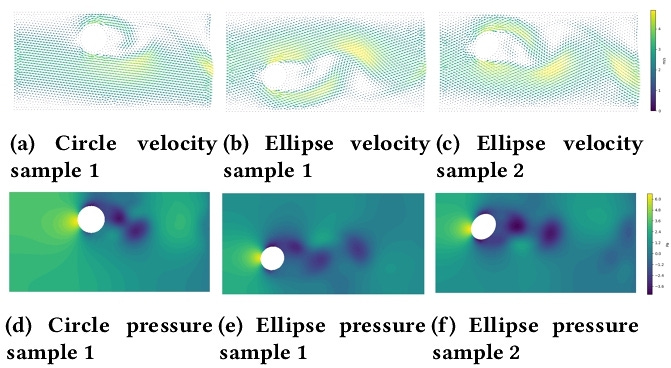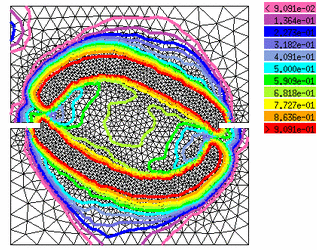Data Analytics & AI for Engineers
📚 The more I read, the more I acquire, the more confident I know nothing.
🚀 LIVE Deep Dive Tomorrow - Data Analytics & AI for Engineers
💻 Multi-Scale Simulations with PINNs
Can we carry out multi-scale simulations with physics-informed neural networks (PINNs)? PINNs often struggle to solve multi-scale problems, and in our new paper, we take steps to overcome this by combining them with multiple levels of domain decompositions.
TLDR
1) domain decomposition helps PINNs train faster and
2) multiple levels of domain decompositions facilitate communication between subdomains, further accelerating convergence. Below is an animation of our method for solving a 2D Laplacian problem with a highly multi-scale solution. See our paper and code for more!
👉 Paper & Code
💻 On machine learning methods for physics
Machine learning methods will fundamentally transform the landscape of physical simulation.
Physical modeling allows precise and simple descriptions of nature, yet large-scale simulations of these models can be computationally expensive. Traditional numerical methods have dominated these efforts for most of the last century. However, new paths to modeling macroscopic physics have opened with recent advancements in hardware, machine learning methods, and data collection strategies. This blog reviews some of the most promising new approaches and discusses the authors preferences in this broader context.
💦 MegaFlow2D: A Parametric Dataset for Machine Learning Super-resolution in Computational Fluid Dynamics Simulations
This paper introduces MegaFlow2D, a dataset of over 2 million snapshots of parameterized 2D fluid dynamics simulations of 3000 different external flow and internal flow configurations. It's worth noting that, simulation results on both low and high mesh resolutions are provided to facilitate the training of machine learning (ML) models for super-resolution purposes. This is the first large-scale multi-fidelity fluid dynamics dataset ever provided. We build the entire data generation and simulation workflow on open-source and efficient interfaces that can be utilized for a variety of data samples according to the user's specific needs. Finally, we provide a use case to demonstrate the potential value of the MegaFlow2D dataset in applications related to error correction.
💻 Engineering Tool of the Week - OOFEM
OOFEM is free finite element code with object oriented architecture for solving mechanical, transport and fluid mechanics problems that operates on various platforms.
📚 Book of the Week
The Finite Volume Method in Computational Fluid Dynamics
This textbook explores both the theoretical foundation of the Finite Volume Method (FVM) and its applications in Computational Fluid Dynamics (CFD). Readers will discover a thorough explanation of the FVM numerics and algorithms used for the simulation of incompressible and compressible fluid flows, along with a detailed examination of the components needed for the development of a collocated unstructured pressure-based CFD solver. Two particular CFD codes are explored. The first is uFVM, a three-dimensional, unstructured, pressure-based finite volume academic CFD code implemented within MATLAB. The second is OpenFOAM®, an open source framework used in the development of a range of CFD programs for the simulation of industrial-scale flow problems.
With over 220 figures, numerous examples, and more than one hundred exercises on FVM numerics, programming, and applications, this textbook is suitable for use in an introductory course on the FVM, in an advanced course on numerics, and as a reference for CFD programmers and researchers.
Let’s connect on Instagram or LinkedIn!
For any business-related issues or collaborations, email me at support@jousefmurad.com!
Keep engineering your mind! 🧠
Jousef







